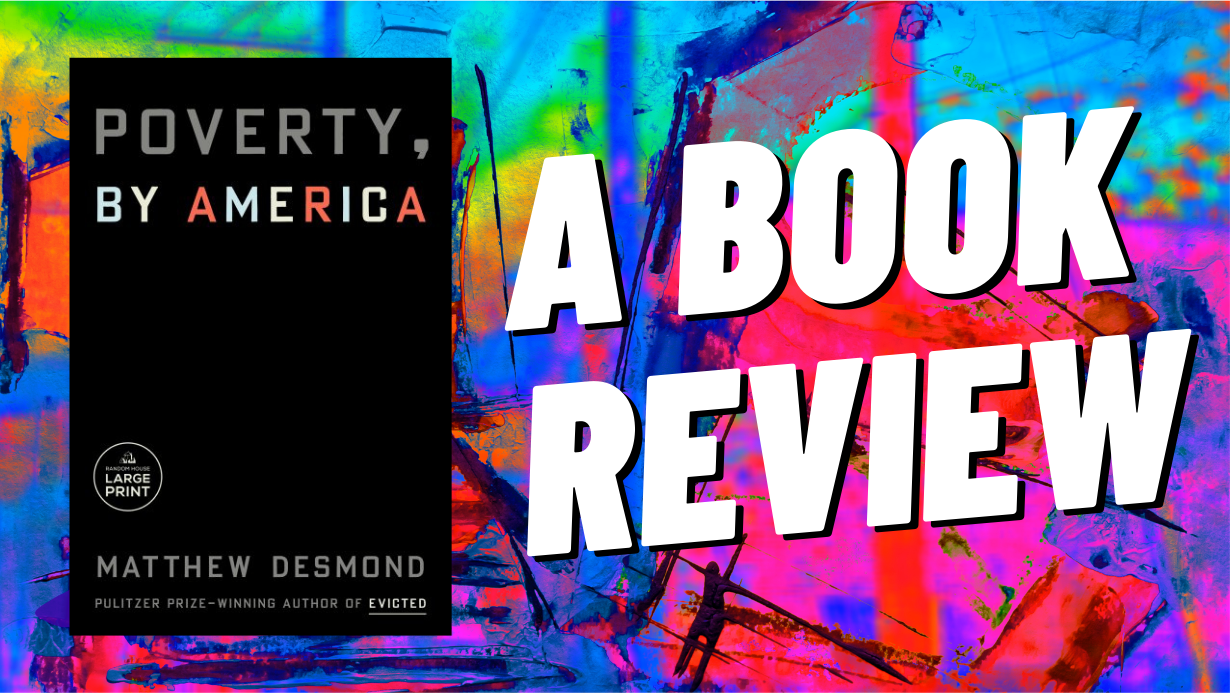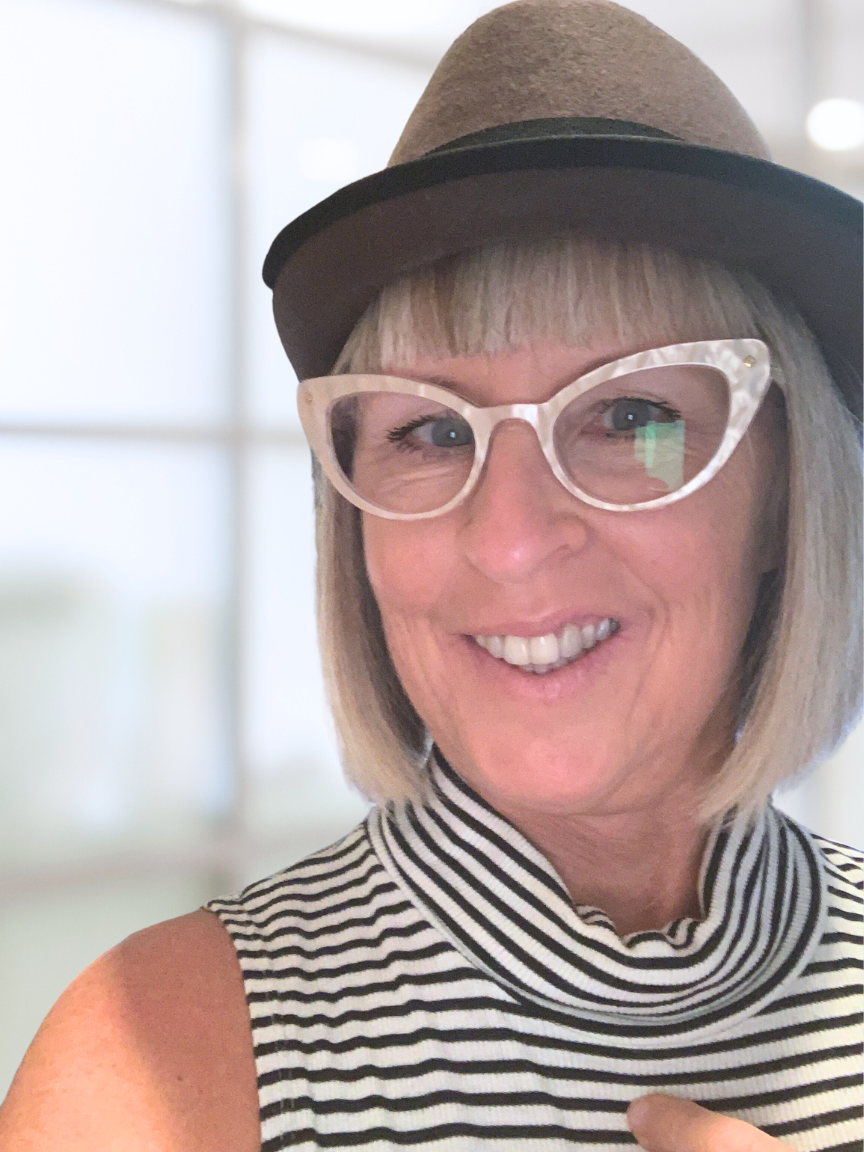Learning About Our Neighbors: Poverty
In an effort to be informed and know more than one side of a story, I picked up this book recommended by a friend. It was written by Matthew Desmond, a social scientist and urban ethnographer. He is a professor of Sociology and Director of the Eviction Lab at Princeton University. He is also a contributing writer for The New York Times Magazine and won the Pulitzer Prize for general nonfiction for his book Evicted: Poverty and Profit in the American City. This all sounds very erudite and as you can imagine was fairly left-leaning, but I find there is value in knowing an issue from a 360 degree view before proposing or criticizing a solution.
The book was an overload of information and not a quick, easy read. There were stories from people he knew personally intermixed with a mountain of statistics pointed in a specific direction. Mainly, the failure of the government to allocate and supervise the distribution of funds to the correct places for reducing poverty. I will have to say, reversing this as a solution surely sounds easier said than done.
I am a white, middle class woman and do not pretend to understand the difficulties involved in racial inequality.
However, I was enrolled in the WIC program (free staple items like milk, cheese etc) when my husband’s teaching salary was our only source of income and I have volunteered at a local food bank to be allowed to bring groceries home to my family. Even so, we did not have difficulty qualifying for a mortgage with a down-payment from my parents. I was saddened by the section in the book that outlined the difficulty people of color have obtaining home loans, even while those same people are paying rent higher than a house payment every month.
Desmond asks some very valid questions. Why does the US, the richest country on earth, have more poverty than any other advanced democracy? I have visited many countries, from South Korea to Finland and there is homelessness and poverty in every country. I have also lived in several countries with social democracies who have outstanding programs for mental health, homelessness, career assistance and the like. Those countries also have a nearly 50% tax rate and the ultra wealthy live where they don’t have to pay it. Much like the ultra wealthy in the US have tax shelters, etc. This was also addressed in the book—if everyone paid their fair share of taxes there would be no poverty. I don’t intend to touch that issue.
The book is well-written, which is to be expected from a Pulitzer Prize Winner. I appreciated hearing a side of poverty that I have never known. I read it with an open mind and never found myself thinking, ‘well of course more government is your solution’. However, the book did make me think about Jesus’ words:
For you have the poor with you always, and whenever you wish you may do them good; but Me you do not have always. (Mark 14:7 NKJV)
Laurinda Dunn
Writing Contributor, Editor, Marketing Team
Furnishing Families of Texas


